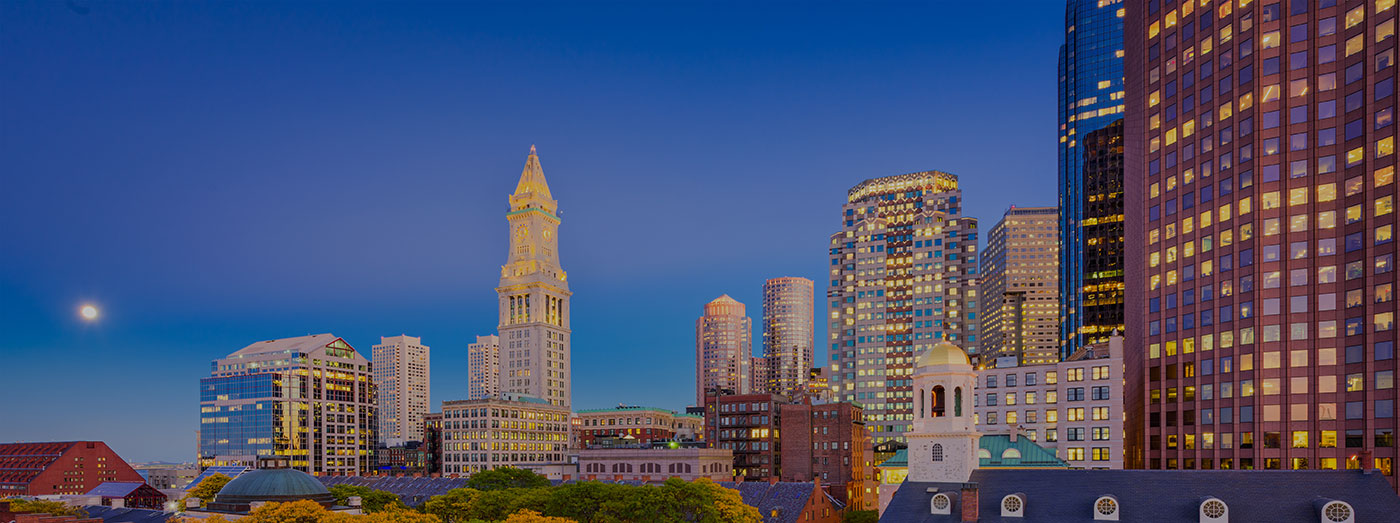Abstract
Asian cities currently contribute 80 percent of Asia’s economic activity and account for
54 percent of the region's carbon emissions. By 2050, Asia’s urban population could grow by 1.1
billion and reach 3.4 billion, which is the equivalent size of today’s global urban population. In
the absence of significant climate adaptation measures, the most significant increase in energy
consumption and green house gas emissions is expected to take place in Asian mega-cities.
Existing infrastructure and urban development pathways could lock cities into unsustainable
growth and consumption models, with worsening impacts on climate change. Hence, smart and
effective urbanization is the order of the day and all measures need to be put in place to make the
Asian cities smart, robust, livable keeping in mind the global issues of climate change. The
future expansion of urban areas on agricultural lands and forests could also lead to the
destruction of natural carbon sinks and important climate adaptation systems. Limiting climate
change therefore means decarbonizing Asian cities. The good news is that there is a strong value
proposition for Asian cities to accelerate their decarbonisation. Physical climate risks and their
associated social and economic costs are already significant. Their impact, if unmitigated, could
increase substantially, and have a material effect on Asia’s 597 million urban poor. As the
majority of Asia’s economic activity takes place in cities and urbanization is still progressing
fast, there is a significant opportunity to increase resource efficiency and transform Asian urban
growth models to make them more circular, regenerative, and inclusive. It is seen that the Asian
cities contribute significantly to climate change, urban population growth creates opportunities to
decarbonize at scale, and that Asian cities are also exposed to climate risks.
Research ID
Citation Generator
Cite This Research Manuscript
Figures
No figures added
References (APA)
- Asia Business Council. (2023, March). Asia’s catalysts for net zero. (Authored by B. Boets, C. Howe, & J. Pau). https://www.asiabusinesscouncil.org/docs/Asia_Catalysts_for_Net_Zero.pdf
- Global Green Growth Institute. (2024, June). Urban climate action (Insight Brief No. 9). https://gggi.org/wp-content/uploads/2024/06/Urban-Climate-Action_Insight-brief-9.pdf
- Intergovernmental Panel on Climate Change. (2021). Climate change 2021: The physical science basis. Contribution of Working Group I to the Sixth Assessment Report of the Intergovernmental Panel on Climate Change (V. Masson-Delmotte, P. Zhai, A. Pirani, S. L. Connors, C. Péan, S. Berger, N. Caud, Y. Chen, L. Goldfarb, M. I. Gomis, M. Huang, K. Leitzell, E. Lonnoy, J. B. R. Matthews, T. K. Maycock, T. Waterfield, O. Yelekçi, R. Yu, & B. Zhou, Eds.). Cambridge University Press.
- United Nations Development Programme. (2022). Uncertain times, unsettled lives: Shaping our future in a transforming world. https://hdr.undp.org/content/human-development-report-2021-22
- United Nations Economic and Social Commission for Asia and the Pacific. (2023). Economic and social survey of Asia and the Pacific 2023: Rethinking public debt for the Sustainable Development Goals. https://www.unescap.org/sites/default/d/fs-survey-2023.pdf
- United Nations Human Settlements Programme. (2022). World cities report 2022: Envisaging the future of cities. https://unhabitat.org/wcr/
- United Nations Human Settlements Programme & United Nations Economic and Social Commission for Asia and the Pacific. (2023). The future of Asian and Pacific cities 2023: Crisis resilient urban futures. https://www.unescap.org/kp/2023/future-asian-and-pacific-cities-2023-crisis-resilient-urban-futures
- United Nations Human Settlements Programme & United Nations Economic and Social Commission for Asia and the Pacific. (2024). Accelerating multi-level climate and urban environment action: Priorities, partnerships, resources. https://www.unescap.org/kp/2024/accelerating-multi-level-climate-and-urban-environment-action-priorities-partnerships
- World Bank Group. (2021). World Bank Group climate change action plan 2021–2025: Supporting green, resilient, and inclusive development. https://openknowledge.worldbank.org/handle/10986/35799
- World Economic Forum. (2021, January). The global risks report 2021 (16th ed.). https://www.weforum.org/reports/the-global-risks-report-2021/


